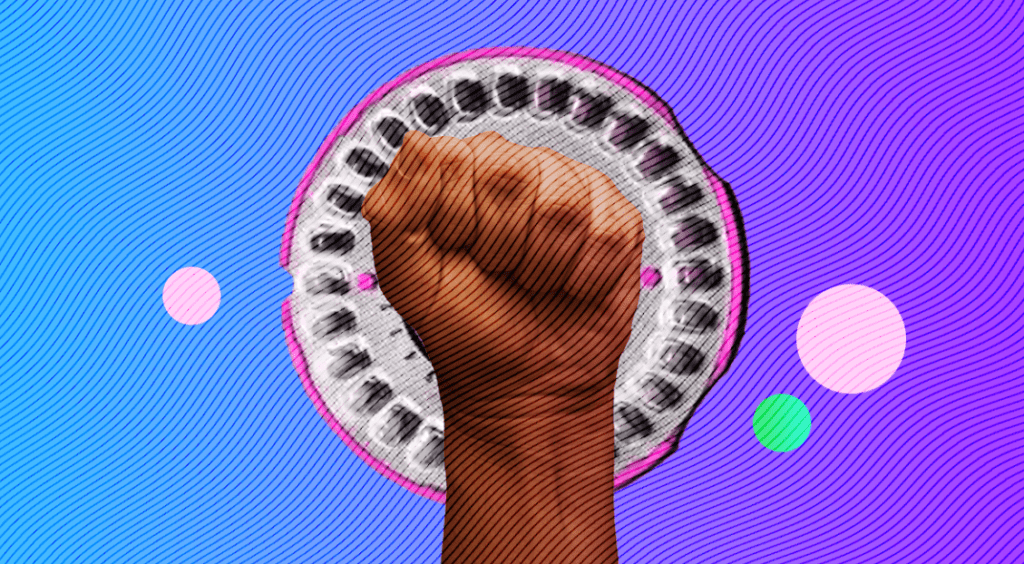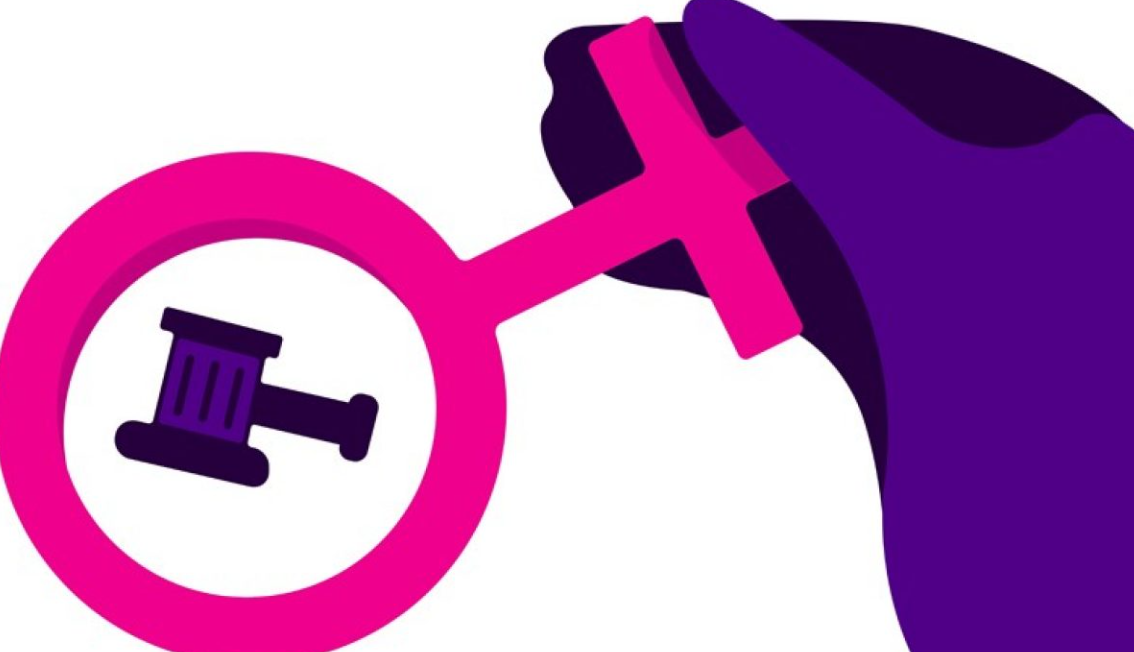Last Updated on March 9, 2023 by Rachel Hall
- OkCupid Has Published Research Based on the Dating Trends on Their App in 2022, and the Results are Clear: Women are Very Concerned About Reproductive Justice.
- Introduction
- The stats
- Why would you get an abortion?
- How people helped one another
- The political reaction
- Will this reshape Congress?
- Intersectionality and abortions
- Conclusion
OkCupid Has Published Research Based on the Dating Trends on Their App in 2022, and the Results are Clear: Women are Very Concerned About Reproductive Justice.
Introduction
Hiya! I’m here to answer the age-old question: “what do women want”. The only people who don’t know what women want are people who’ve never had a meaningful interaction with a woman because the answer is clear. Women want to be seen as individual entities, not a monolith with a hivemind and an algorithm which men could never crack. Another answer, which may not apply to every woman but is certainly popular, is that they want freedom, bodily autonomy and respect.
The stats
None of those things are particularly outrageous, to most people, but it’s sure to cause arguments. The one which rages at the moment is about abortions. In the US, a court ruling was overturned last year which meant that states could make their own laws against abortion, and many immediately outlawed it. Given that one in three women will have an abortion in their lives, and around 42 million abortions are performed annually worldwide, this is an issue which affects huge amounts of people and will have massive ramifications.

Why would you get an abortion?
The first response was, understandably, outrage. I decide who and what goes in my womb. People were horrified and shared the stories of their own experiences with abortion. For example, people had abortions because their lives were at risk because they were raped, because they were in abusive relationships, because they found out the fetus would not live, because they were not able to care for a child, or simply because they did not want to be pregnant. This feels like the right time to mention that almost everyone who gets an abortion does not regret it.
How people helped one another
The second response was finding workarounds. People who lived in states where abortion was legal organised travel and accommodation for those less fortunate so they could get access to the help they needed. There was a sense of solidarity between some people who looked to support each other against this horrifying government ruling. I spoke to my Canadian cousin and told her if the law changed there, too, I would help her if necessary.
The political reaction
The third response was concern from politicians. It’s hard to work out what percentage of Americans believe abortion should be legal in some or all cases because research is so controversial and contradictory. Evidence from OkCupid suggests that 87% of women on their app are pro-choice, 40% of women would move states if their home outlawed abortion and one million app users added a sticker to their profile to show their support for reproductive rights. If you ask Fox News, they’ll tell you that 71% of Americans support abortion restrictions. So there’s no clear consensus, probably because of the limits of Fox and OkCupid’s research scope.
Will this reshape Congress?
One thing became clear: a huge number of people were disgusted and became less likely to support so-called “pro-life” politicians, so many began to walk back their stances to regain popular support. In fact, there is a possibility that the reaction against this will mean people vote for pro-choice politicians who are able to establish firmer laws and eventually protect reproductive rights better.
Intersectionality and abortions
All of this doesn’t even touch on intersectional issues, such as how not everyone who has an abortion is a woman, or how this will affect people differently based on their class (and frequently race, thanks to gerrymandering) or the area they live. We also need to consider the fact that some people who are forced to go through pregnancy will then give the child up for adoption, into a care system that is rife with exploitation and chronically underfunded. These laws will not protect babies. The number one cause of death for pregnant people is murder, and people who can’t end a pregnancy are more at risk. I’d also like to add that the politicians who pushed these draconian laws through will have daughters and mistresses who get pregnant and will, of course, be able to have abortions if they need them.
Conclusion
What women value in their dating lives are usually the same things they value in their everyday lives. They want rights, the ability to have relationships and enjoy sex, and, to return to the data from OkCupid, they still think intelligence is attractive. Some might want marriage and kids, others might be down for a night of fun and nothing more. Making abortions illegal and restricting abortion access is certainly a turn-off. The things women prioritise in their dating lives are less fun than they used to be: a few years ago, the data probably would have talked about TikTok usage or something inane, but as there is a sudden and crucial attack on our rights, we switch the conversation to make sure we’re protected.
Rachel Hall, M.A., completed her education in English at the University of Pennsylvania and received her master’s degree in family therapy from Northern Washington University. She has been actively involved in the treatment of anxiety disorders, depression, OCD, and coping with life changes and traumatic events for both families and individual clients for over a decade. Her areas of expertise include narrative therapy, cognitive behavioral therapy, and therapy for traumatic cases. In addition, Rachel conducts workshops focusing on the psychology of positive thinking and coping skills for both parents and teens. She has also authored numerous articles on the topics of mental health, stress, family dynamics and parenting.

